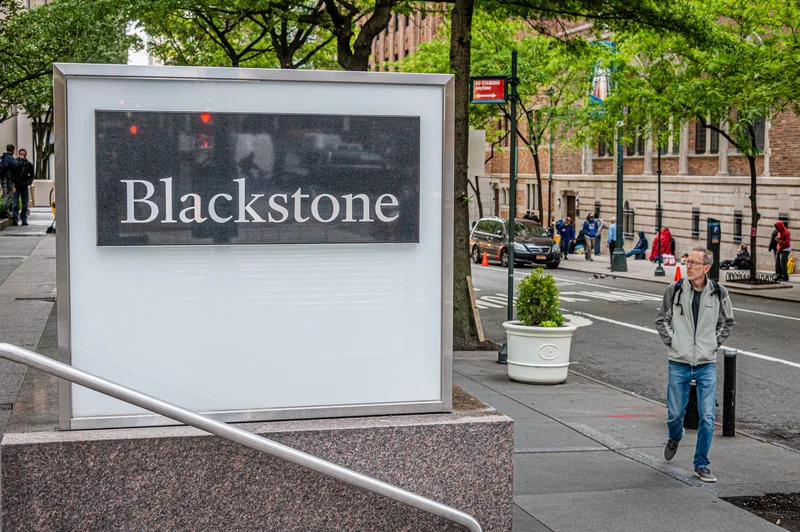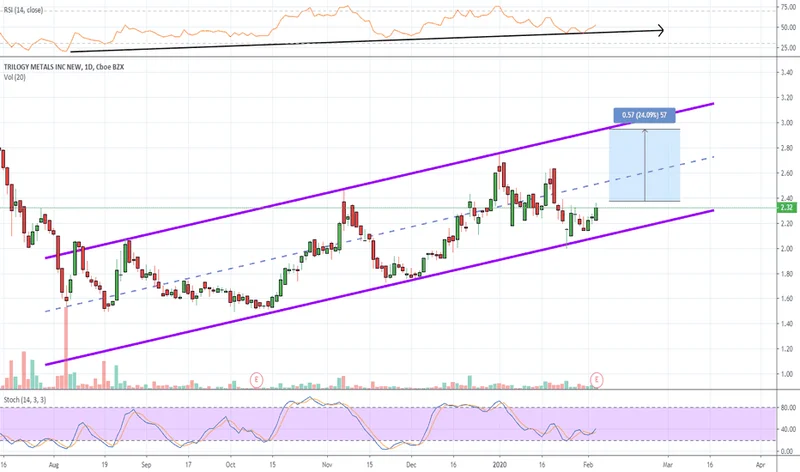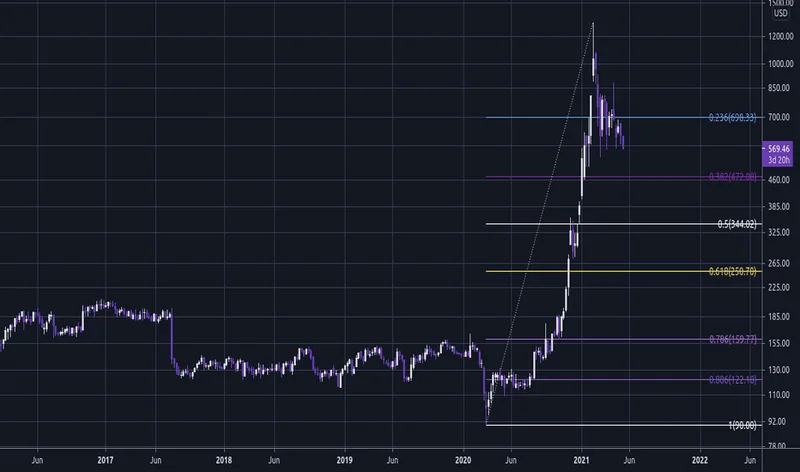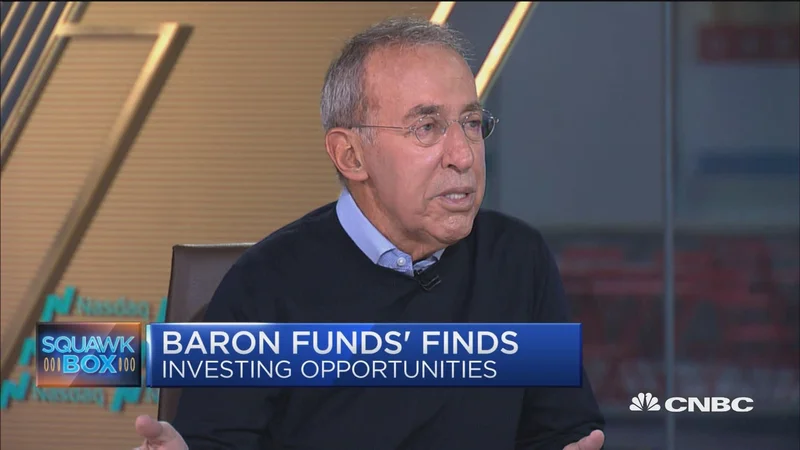Blackstone's Griddle Empire: What's Cooking and What's Next?
Blackstone's 0.2% Acceptance Rate: The Hunger Games of Wall Street, or a Glimpse into Tomorrow's Talent War?
Okay, folks, let's talk about something that's both terrifying and exhilarating: Blackstone's entry-level job acceptance rate. A measly 0.2%! That's right, landing a gig there is now statistically harder than getting into Harvard. Fifty-seven thousand applications for just 138 spots. I mean, wow.
Is this a sign of the impending robot apocalypse, where algorithms are now tougher gatekeepers than any human resources department? Or is it something far more interesting… a canary in the coal mine for the future of work?
The Talent Singularity
Here's my take: this isn't just about Blackstone. It's about the hyper-competitive landscape that's emerging across all high-growth, high-impact industries. The article from Business Insider made it clear: Jon Gray himself noted the drop in acceptance rates during a presentation. We're talking about a firm managing over a trillion dollars. This isn't some flash-in-the-pan startup; this is a bellwether.
Think about it: the world is changing faster than ever. The skills needed to thrive are evolving at warp speed. And companies like Blackstone, who are on the front lines of deploying capital and shaping industries, are desperate for talent that can not only keep up but lead the charge.
This reminds me of the early days of the printing press. Before Gutenberg, knowledge was locked away, accessible only to a select few. Now, information is democratized, and talent is the new currency. But unlike money, which can be printed, truly exceptional talent is scarce.
Blackstone, to its credit, seems to understand this. They're not just passively waiting for the best and brightest to come to them; they're actively cultivating talent pipelines, engaging with students as early as their sophomore year. They're investing in programs like the Future Leaders program, as mentioned in the article, which brought Brigitte Webb to the firm. They're casting a wider net, engaging with over 1,000 universities, up from just 9 in 2015! This isn't just recruitment; it's talent farming.
But here's the thing: is this sustainable? Can every company afford to invest so heavily in early-stage talent development? And what about the ethical implications? Are we creating a system where only the most networked and privileged have a shot at these opportunities? The article highlights how Webb leveraged connections through professors and investing clubs. What about students who don't have those networks? How do we level the playing field?

Blackstone is also making moves in the real estate sector. Blackstone is nearing the acquisition of the Four Seasons hotel in downtown San Francisco for about $130 million, according to the Wall Street Journal. Blackstone buys SF Four Seasons amid hotel market comeback This move, their first hotel purchase in San Francisco in about a decade, signals their confidence in the luxury hotel market's recovery. The hotel occupancy rate in San Francisco is climbing, thanks to falling crime rates and upcoming events like the Super Bowl and World Cup.
And it's not just about young talent. Blackstone has appointed Franck Petitgas as Senior Managing Director and Vice Chairman, Europe, starting in January 2026, to focus on strategic initiatives and client engagement. Blackstone taps ex-Morgan Stanley Franck Petitgas as Europe Vice Chairman in major leadership expansion – Private Equity Insights Blackstone expects to deploy more than $500 billion into European opportunities over the next decade, focusing on digitalization, AI, electrification, and reindustrialization.
What Does This Mean For You?
So, what’s the "Big Idea" here? It's this: the future belongs to those who proactively cultivate talent, not just those who passively recruit it. And it's not just about technical skills; it's about networking, building relationships, and demonstrating a passion for the industry.
Brigitte Webb's story is a perfect example. She started early, networked relentlessly, and ultimately landed her dream job. Her advice? "It underscores the importance of starting early and building your network early."
And look, I know this can sound daunting. The competition is fierce. The pressure is immense. But here's the good news: the opportunities are also greater than ever before. The world needs innovators, problem-solvers, and leaders. And if you're willing to put in the work, to start early, to build your network, and to never stop learning, then you have a shot.
Blackstone is not alone in seeking the best. What does this mean for smaller firms and individuals?
The Future is Up for Grabs
Related Articles
PGE's Landmark Solar Investment: What It Means for Europe's Green Future
Why a Small Polish Solar Project is a Glimpse of Our Real Energy Future You probably scrolled right...
US Government Backs Trilogy Metals (TMQ): Why It's Soaring and What It Signals for America's Future
I just read a press release that, on the surface, is about a mining company in Alaska. And I can’t s...
Applied Digital's Earnings Report: What to Expect and What It Signals for the Future of AI
Yesterday, for a few dizzying minutes after the market closed, it looked like the story might be a s...
MicroStrategy (MSTR) Stock: Analyzing the Bitcoin Correlation and Its Price Action
The recent price action in Strategy’s stock (MSTR) presents a fascinating case study in market perce...
Ron Baron's Tesla Vision: Opportunity in the Tech Selloff
Ron Baron's Tesla Bet: More Than Just a Stock, It's a Revolution Ron Baron isn't just an investor; h...
The 10-Year Treasury Yield: Why It's the Real Thing Screwing With Your Mortgage, Not the Fed
So You Think the Fed Controls Your Mortgage Rate? Think Again. Let me guess. You saw the headlines i...





